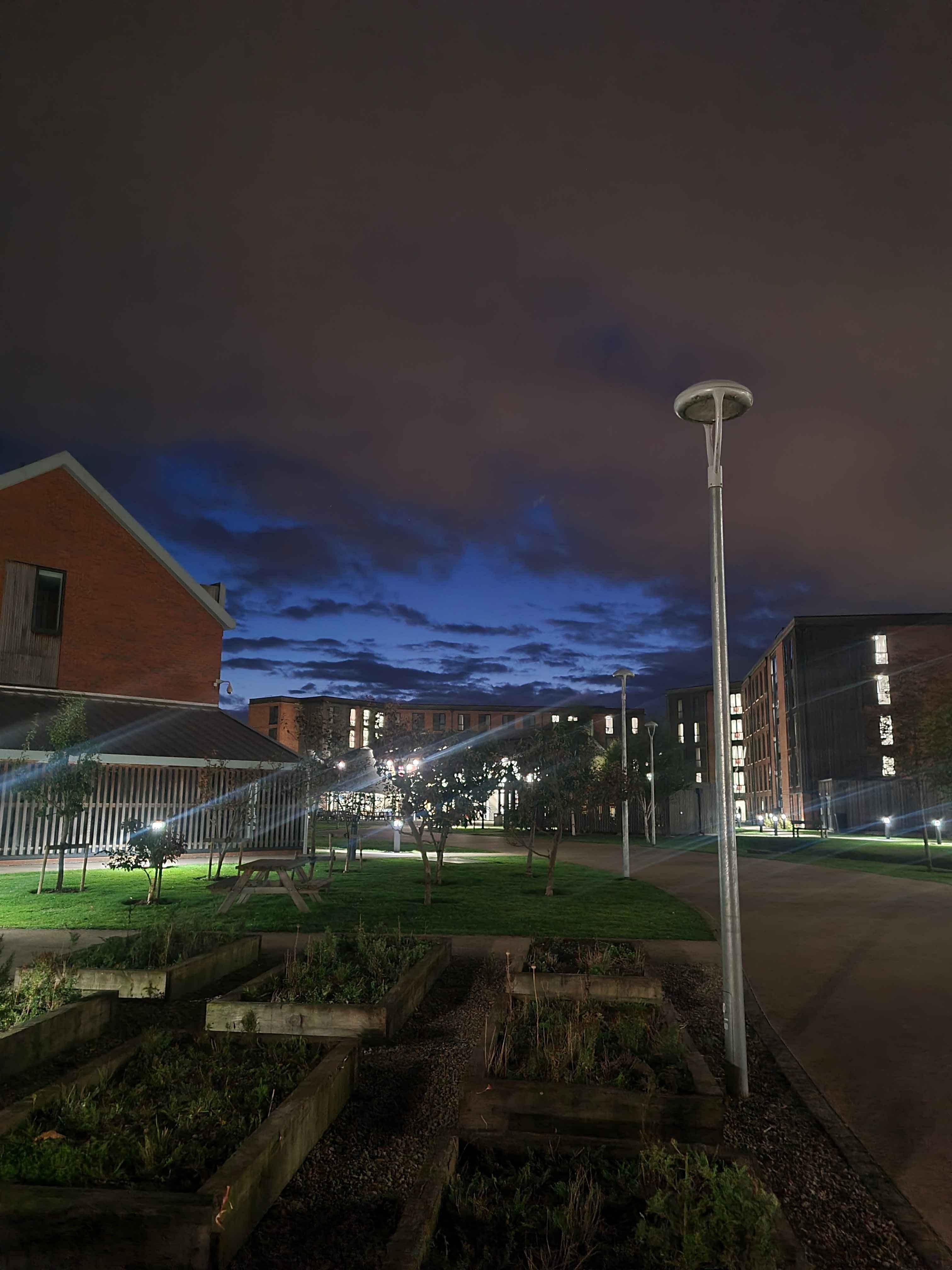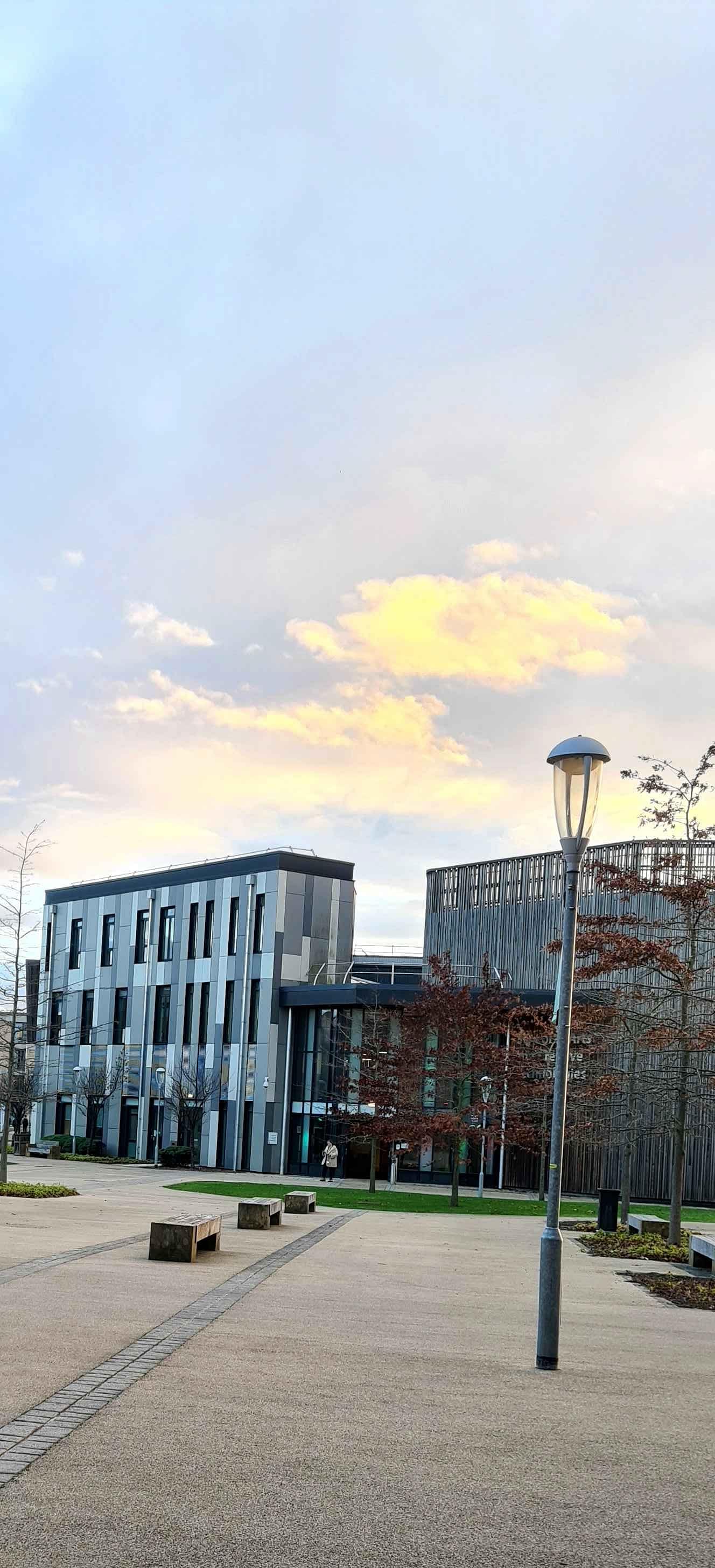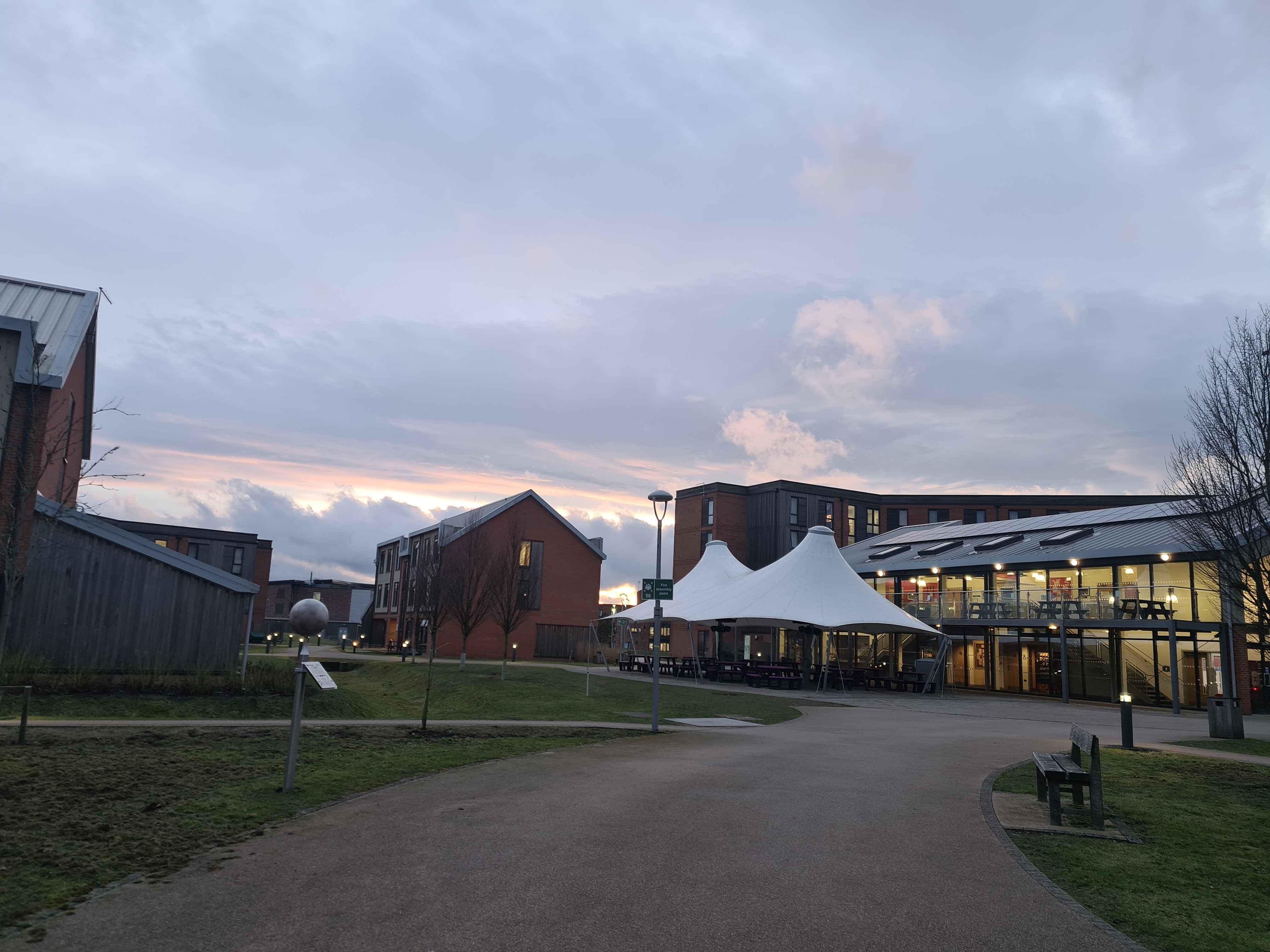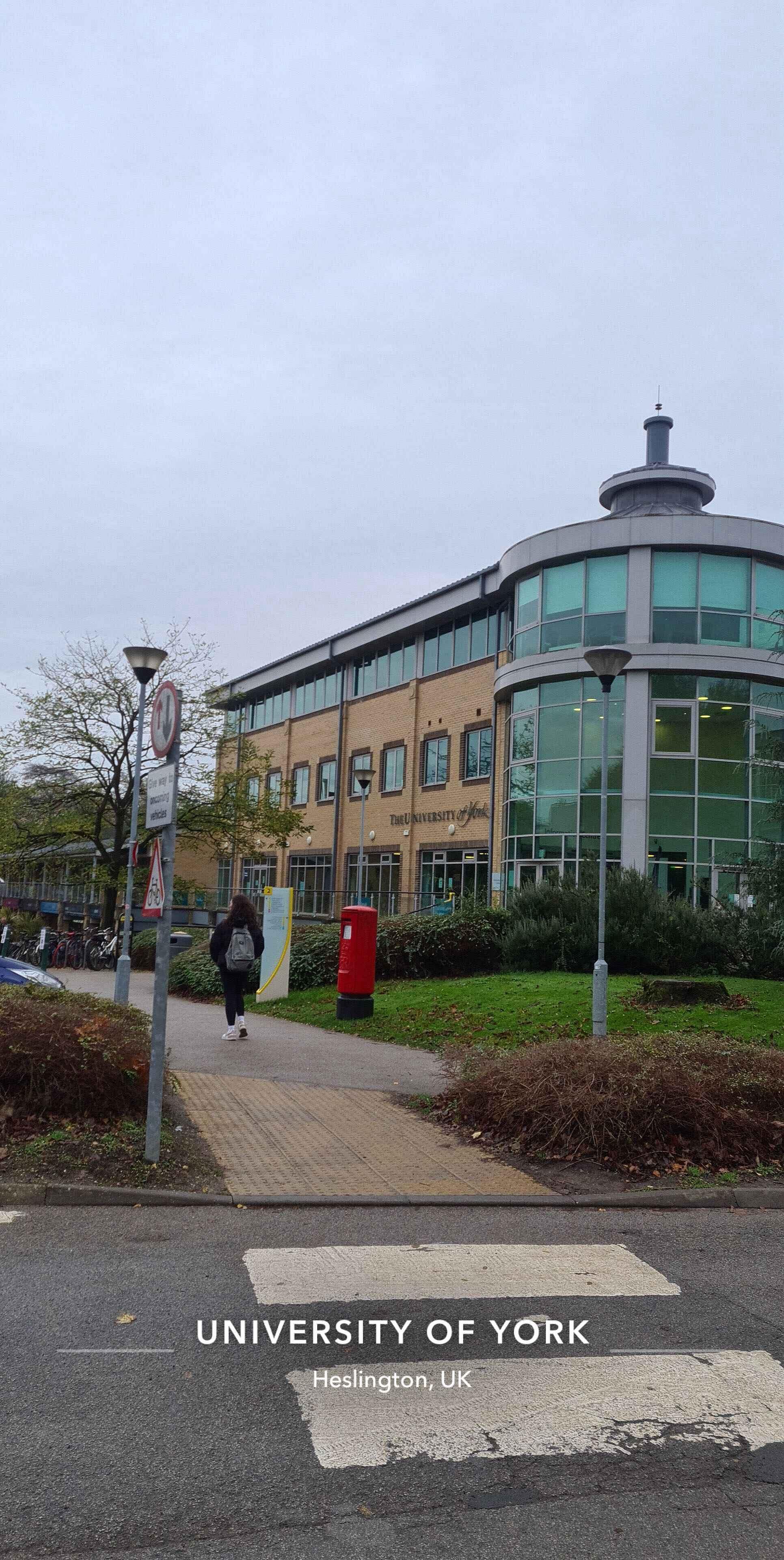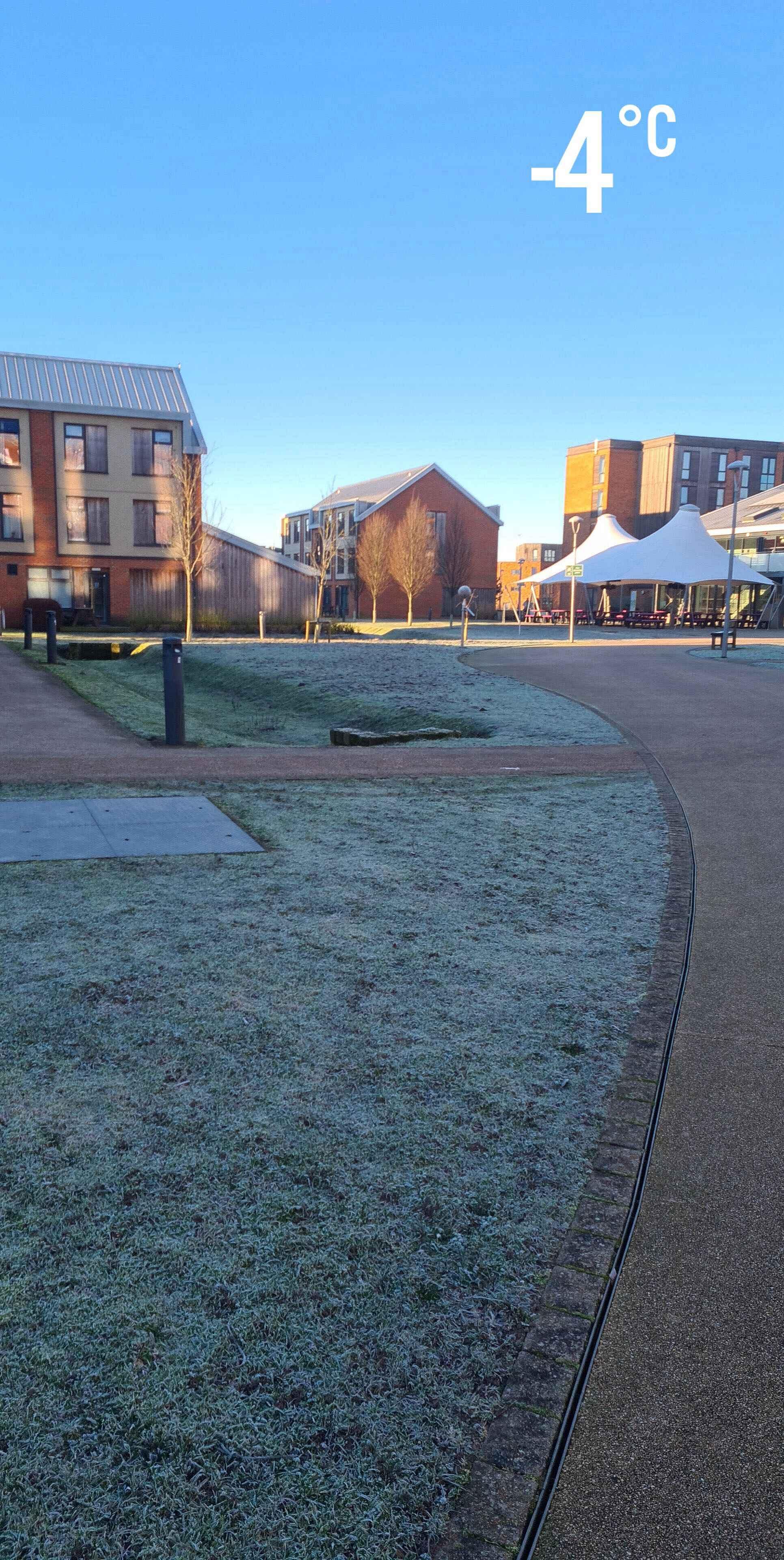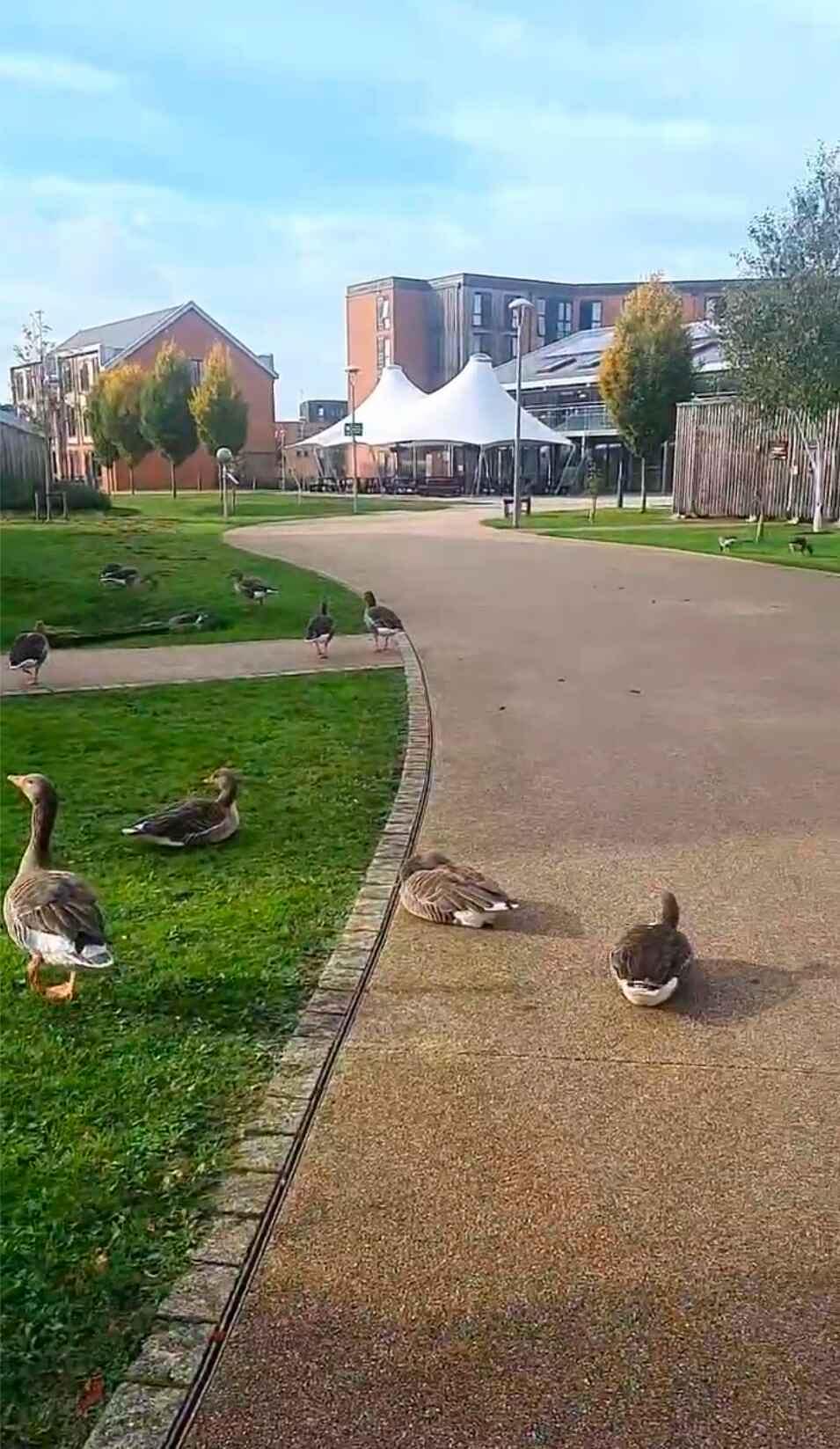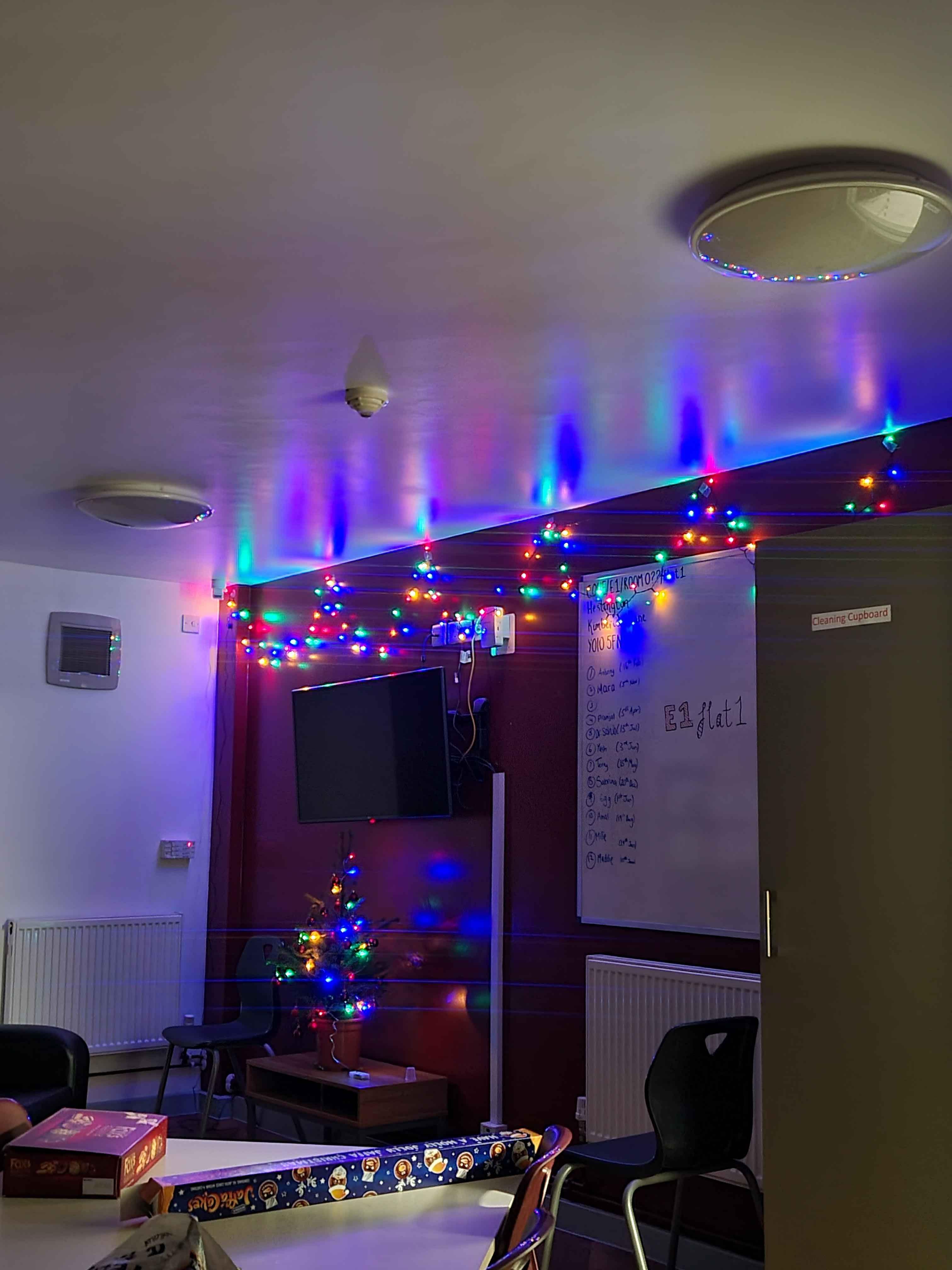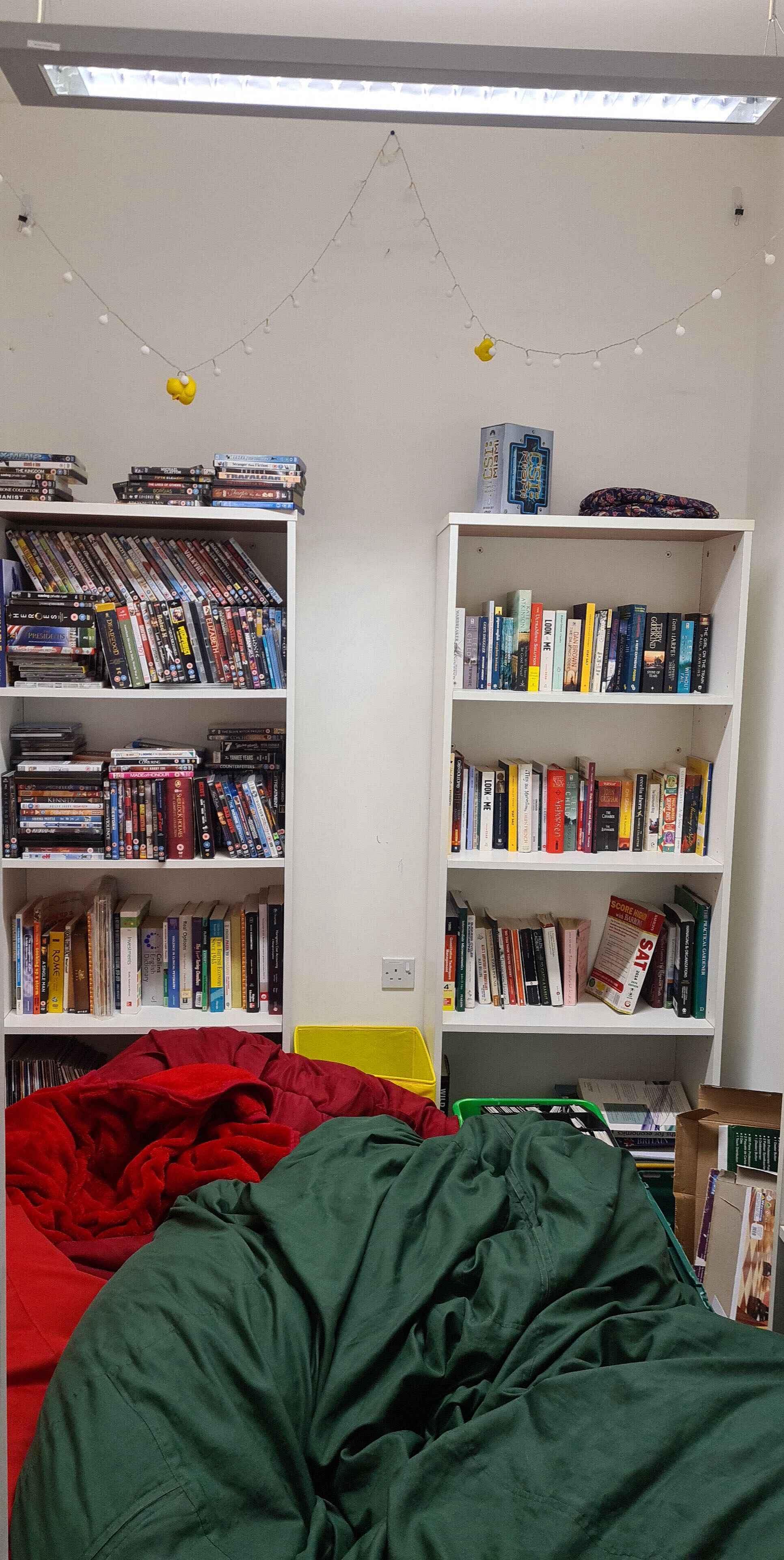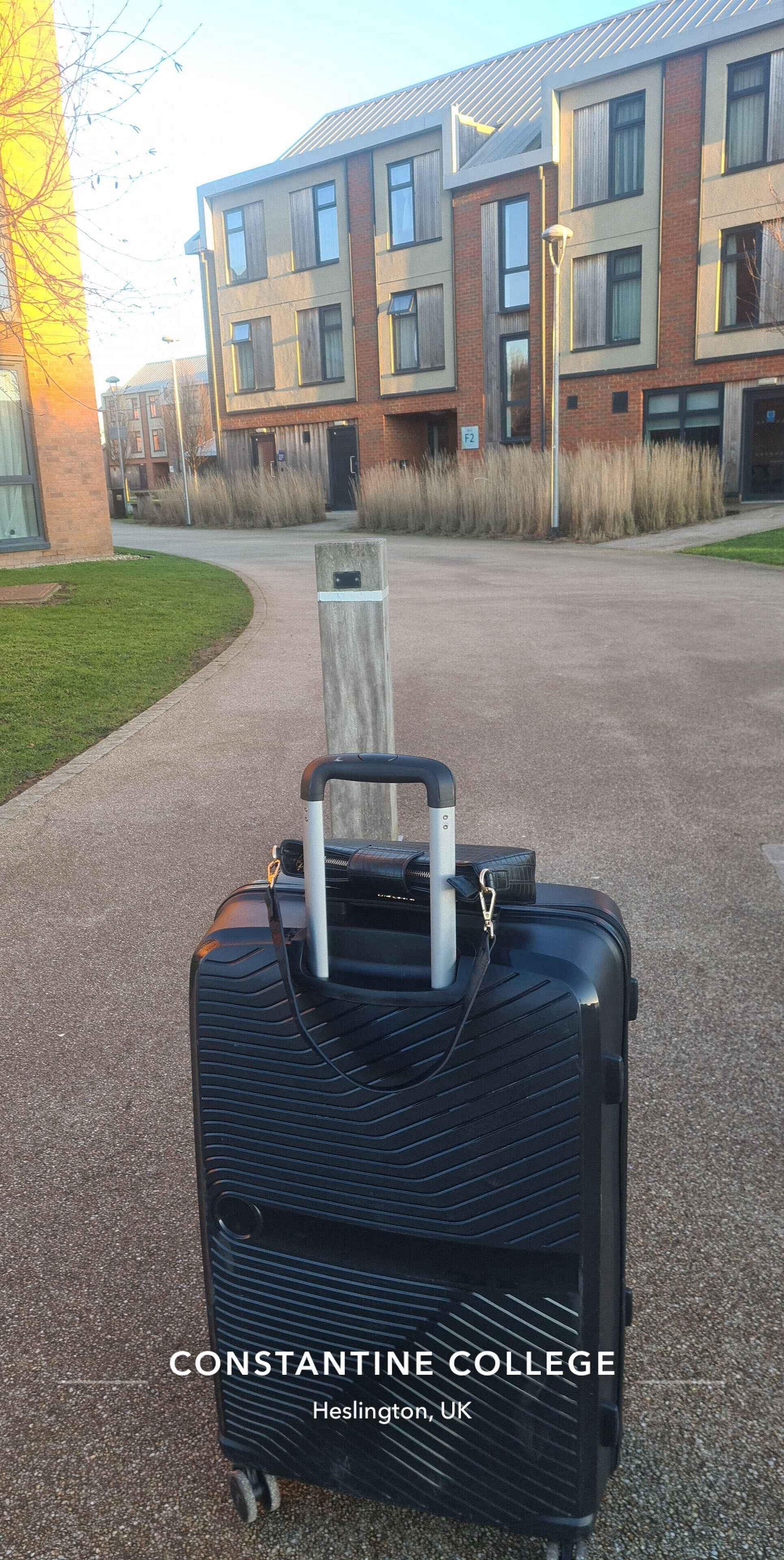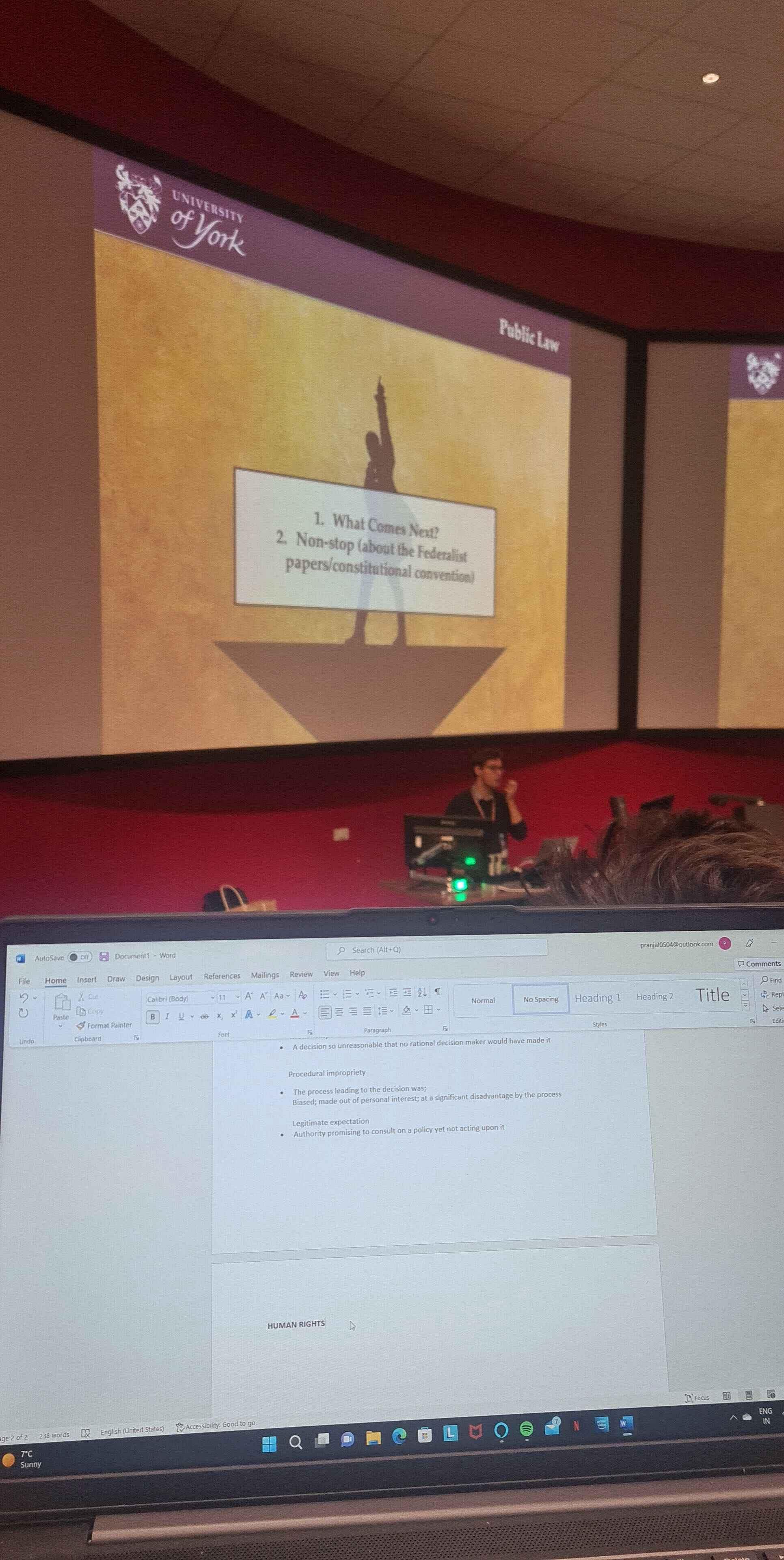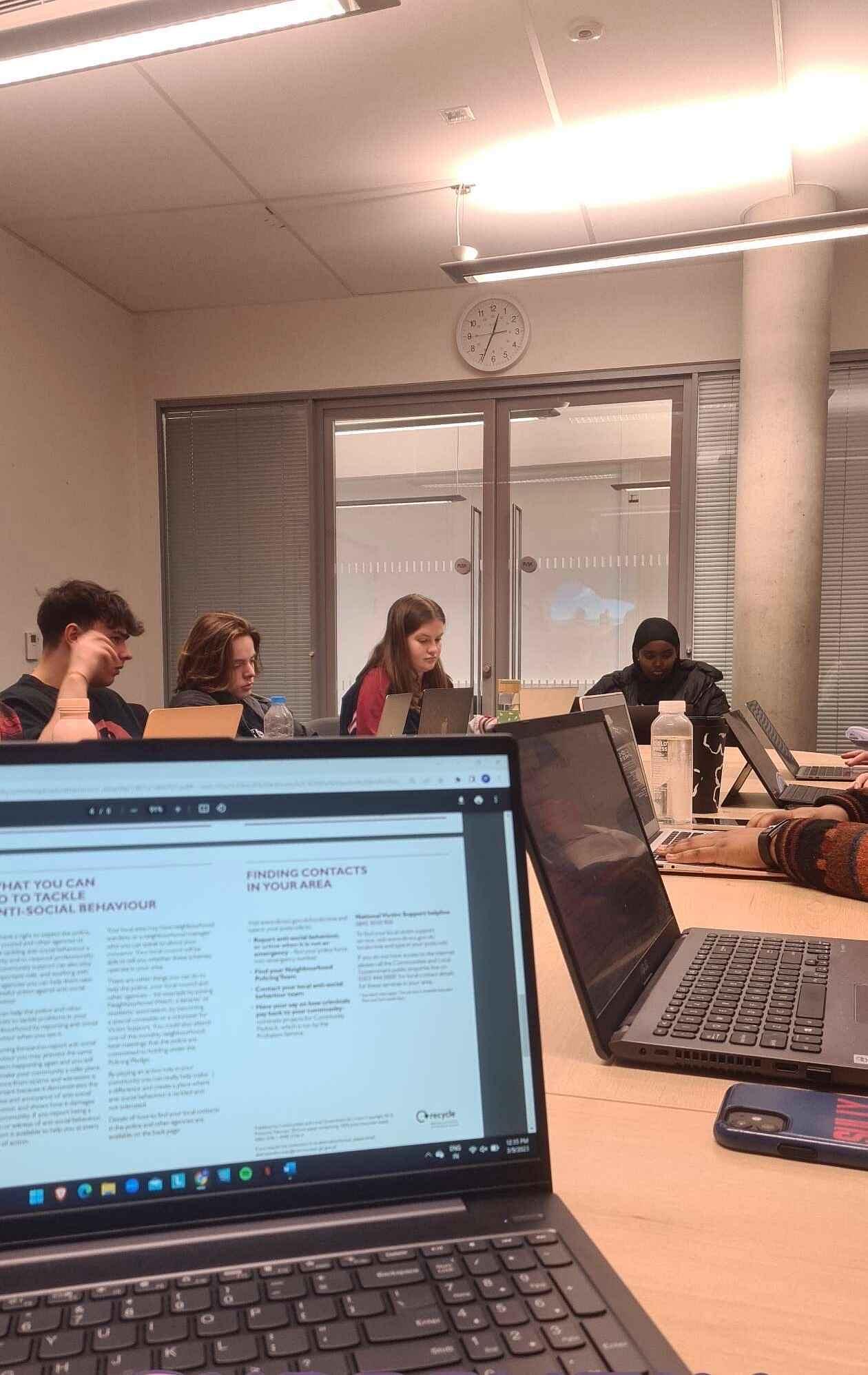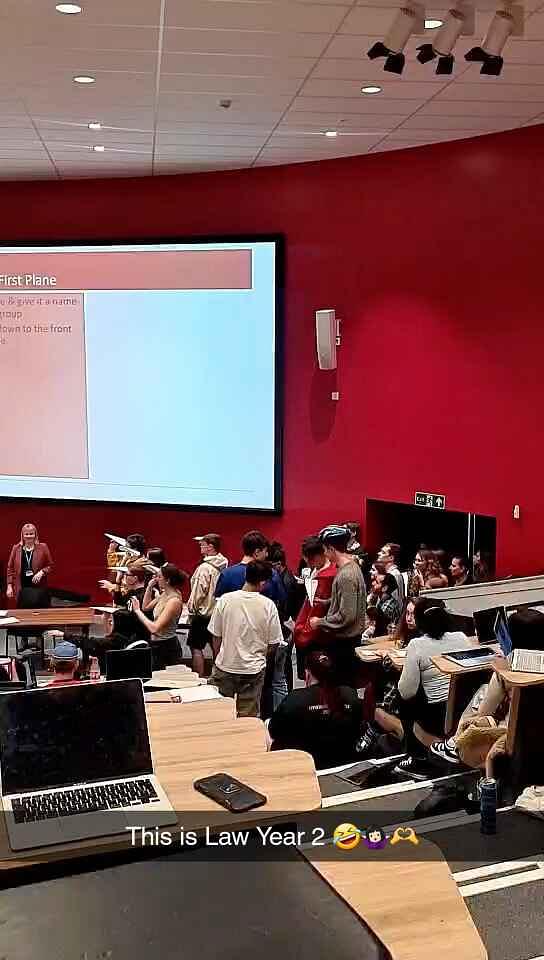What Students Say
Likes
- University of York has a very unique campus. It’s spread over 550 acres and is a beautiful mix of modern and historic architecture.
- It has a diverse range of students from various countries. So it’s very easy to find your kind of people.
- It is very accessible despite being huge. There is a free campus bus service that makes all areas easy to reach.
Dislikes
- If you live off campus, it becomes difficult to interact with students who live on campus. You are still able to interact with a lot of other people but it becomes a bit divided.
- While there are a lot of grocery stores on campus, a few of the big and cheap ones are quite far.
- There are two campuses - while both of them have their own charm. The west campus has residential colleges which are not as well built as the ones on east campus as these are newly built. There is always new construction underway though and work is being done to make them as accommodative as possible.
Course Curriculum
- The course curriculum is quite different from India and can be difficult as well. It is as challenging as you would expect academics to be. The good thing is that most courses are a good blend of theory and practical.
- I love that my course is largely practical based but it can mean a lot of self-study in terms of theory.
- The law course has around 250 students from around the world but we are divided into groups of 10–12 for most seminars and workshops.
- My course has around 20 Indian students but other management and finance courses have a larger number.
Admission Experience
-
I applied to 5 universities in all, including York, Queen Mary London, and Southampton. However, York was the first university that I received an acceptance letter from and I didn’t even wait for the others as York has a very unique law programme.
I am not sure if I received a rejection from any, as I accepted my York letter as soon as possible and did not view the others on UCAS. -
I chose York for its unique law programme, which is based on PBL-based learning so it’s more practical rather than theoretical.
I received an unconditional offer from the university and it was a smooth process from there on.
I did not require an IELTS test as my higher studies had been completed in the English language, though some people might require it based on their educational background.
After acceptance, I waited for my CAS letter and once that was done, I just needed to pay tuition and finalise my accommodation.
The university helps you through every step by sending emails about the next step required and it’s a very smooth and easy process -
I applied to the September intake as this is the most popular one and normally the one in which the term starts.
The admissions process began in April with me applying for the universities on UCAS. You can do this a bit earlier as well.
It takes a few weeks for the universities to get back to you but this mostly happens in May and June.
After which you can apply for CAS, your visas, and then term starts in mid-September.
Faculty
-
As I mentioned earlier, most courses are divided into groups of students. This makes the faculty-student ratio of 12-1 for most groups.
There is a diverse range of professors and they are all very reachable through their office hours and online as well. Each student is also allotted a PA who is a professor whom you can reach out to for any professional or personal help. - Most professors are brilliant at their jobs and most likely come from having had a very lucrative career.
- There are special teams to assist you with career, placements, and jobs, and all professors are more than happy to help with a referral.
- There are professors like Dr. Jed Meers, Mr. Elliott, Prof. Michelle, etc. who have been a huge part in making my student life a great learning experience.
Campus Life
- There are 9 different colleges with lots of flats. Each flat can accommodate up to 12 students. The east campus has Constantine, Lang with, Goodricke, Anne Lister, and David Kato. Each of these has at least 6-7 buildings with 2-3 floors. The west campus has James, Alcuin, Goworth, etc.
- Both campuses have a medical facility along with grocery shops, cafes, restaurants, libraries, gyms, and several other facilities.
- There are innumerable sports and cultural clubs on both campuses.
- The popular student organisation is called YUSU. There is a club for almost every sport and activity in the world and these have their own meeting rooms.
Part Time Jobs
- A huge amount of undergrad and postgrad students can secure positions in the university itself.The pay range can vary from £20,000-£36,000 depending on hours of work and your position.
- There are several part-time jobs available on campus including that of shop assistants, library assistants, working in one of the many pubs or restaurants on campus and working in one of the positions at YUSU. You can also work and earn as a student ambassador for your university or course.
- An international student can work 20 hours during work time and 40 when off term.
There are a good number of jobs available and it is not very difficult to secure, ensuring a good CV and experience. - Students can earn anywhere from £11-£15 per hour. It is not very difficult to secure a part-time job but it can take some time. The usual process is applying online on the company website or via Indeed and waiting for an interview call. This can be online or in person. Most students prefer working either on campus or in town. It takes about 10-15 minutes to get to town via bus.
Placement
- About 40–50% of students can secure positions within 6 months, while for others it may take a longer period. The average salary of a newly qualified graduate can be from £20000-£40000 depending on the degree and experience of students.
- A good way to secure employment can be internship, online company websites, campus recruitment, etc.
major companies are NHS, boots, HSBC, Barclays, etc - For the law programme, the major hiring companies are Addleshaw and Goddard, Latham and Watkins, white & case, dla piper, Morgan Lewis, etc.
Accommodation
-
In my first year, I lived in on-campus accommodation, as it made exploring the campus and meeting people really easy.
I found my accommodation on the university website and through university emails. - The monthly rent was around £750 for my college, which included access to my en-suite room, a shared kitchen with 10 other students, and a college common room with various games and entertainment. There is enough space on campus for most first-year students.
- You are given a college of your choice based on preference and availability.
- Most accommodation buildings are a 5-10 minute walk from your course buildings.
Exams
- You might need an IELTS depending on your higher studies. GMAT and SAT are dependent on the course you want to apply to.
- You need a SOP and an LOR while applying on UCAS.
- The interview part varied from university to university. Some require you to take an online interview, while others might take a detailed written questionnaire.
- For my course, I was given a questionnaire with various essays to complete.
Fees
- I am enrolled in a 3-year course, the tuition for which is around £20,000 per annum. It is broken down into 3 installments. The first is paid in October, which is 50% and then 25% each in January and April. The tuition might increase a bit each year depending on your course.
- The accommodation charges are between £6,000 and £9000 per year. It is paid in similar instalments as the tuition.
Monthly costs might vary from £400-£1000 depending on your lifestyle and your choices.
Scholarship
- There are various scholarships, including the excellence award, young achievers scholarships, and extraordinary performances scholarships. I received the last one, which gave me a 50% scholarship on my tuition fee for the first year.
- The university has various programs and incentives that you can enrol in to get a scholarship for your degree.
- The scholarships can range from £1000-£10000 depending on which one you enrol in and can be used for tuition, accommodation, or living expenses depending on the scholarship terms.


